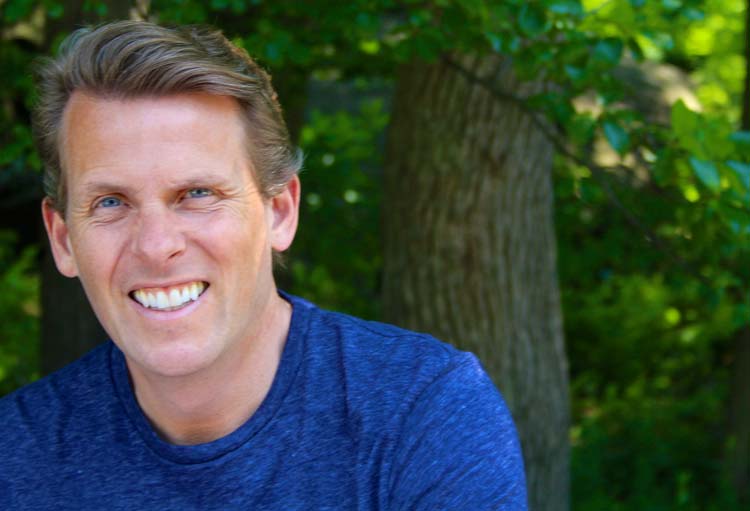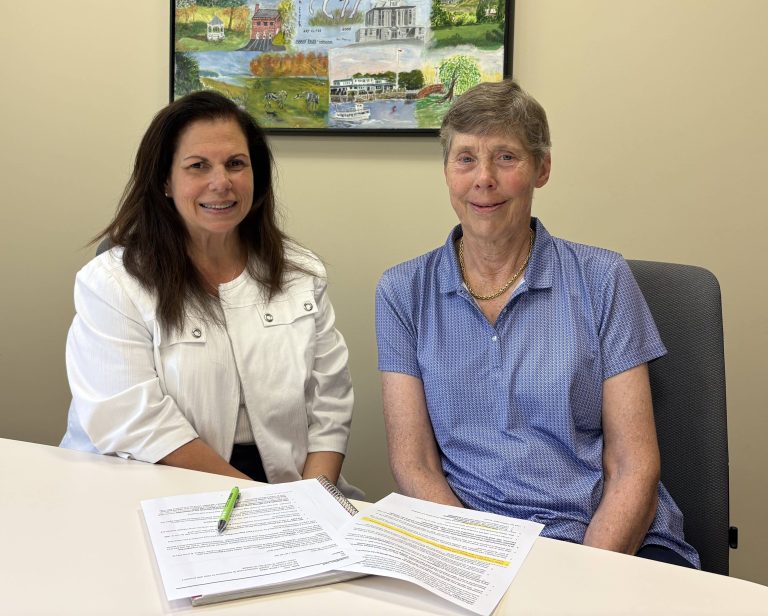
By Drew Williams
On Sunday morning, in the wake of the terrorist atrocity in New York City several days earlier, I led the Trinity Church family in prayer.
I prayed, “God of life, whose presence sustains us in every circumstance, in the wake of the predatory evil that we have witnessed this week in NYC, we seek the grounding power of Your love and compassion. We open our hearts. We ask that You would hear all that we struggle to put words to. We pray for those who have lost loved ones. We pray for those who survived and those whose lives are changed forever. We give thanks for the courage of the first responders, for the heroism of the NYPD officers who ran toward danger rather than away from it. Lord Jesus, in our outrage, grief and sorrow, turn our hearts to the movements of Your Spirit, to serve You in the advance of Your reign of peace. In the name of Christ, our healer and our Light, we pray, Amen.”
Unbeknownst to us, in a small town in Texas, in a Baptist church that we might otherwise have never heard of, at the same time and in less time than it took me to lead this prayer, lives were being brutally and cruelly taken.
And so again we pray, “Father, hear from within our hearts all that we cannot put into words.” That we are, again, rendered speechless by such violence, flooded with grief and anger, must be a good thing. That we should ever come to a place within our own hearts where the recurrence of such barbarity becomes commonplace, that would be a monstrous new reality and a most unholy alliance with evil. Our shared outrage and grief for Texas, New York City, London, Las Vegas, Barcelona and so on is, at the very least, evidence that in a world that is daily riven with terror, injustice and violence, our God-given humanity is, somehow, still intact.
So, what do we do with our God-given humanity? How do we use for good our shared grief and outrage? The psychiatrist and best-selling author Scott Peck drew this conclusion: “The healing of evil — scientifically or otherwise — can be accomplished only by the love of individuals. A willing sacrifice is required. The individual healer must allow his or her own soul to become the battleground. He or she must sacrificially absorb the evil. I do not know how this occurs. But I know that it does.” In other words, the cacophony of chaos and evil is overcome by our choosing to love louder.
What does such a love look like? I was in New York City the day after the terrorist attack and my cab driver on the way back to Grand Central to catch a train home was clearly a practicing Muslim. I observed both the evidence of his faith and a photograph of his children on the dashboard. He has three daughters, as do I. I had the choice to identify him as a potential threat or as a father. I chose father. I volunteered a few personal details and then asked him a few “father of daughters” questions. From the back of the cab, I watched his body language turn from surprise to suspicion… and then came the faintest traces of warmth that became a shared joke and even just a tiny bit of vulnerability. As I got out of the cab, I wondered why my heart was turned to the photograph on the dashboard. Is it possible that my personal prayers of “…turn my heart to the movements of your Spirit, to serve You in the advance of your reign of peace” were being answered?
In Scott Peck’s thesis, the Bible would show us that the supreme “willing sacrifice” was made by Jesus on the Cross. And because of Jesus, because of the Cross, evil will not have the last word. Goodness, mercy, justice, peace and love will prevail. In the meantime, though, as His love was poured out for us, so His love now pours through us. In the movement of His Spirit, in both small and large ways, we can find His empowerment to overcome evil with good.
Only in this way could St. Francis pray,
“Lord, make me an instrument of your peace.
Where there is hatred, let me sow love.
Where there is injury, pardon.
Where there is doubt, faith.
Where there is despair, hope.
Where there is darkness, light.
Where there is sadness, joy…”
Of the source of such a love, the apostle John wrote, “The light shines in the darkness, and the darkness has not overcome it.” (John 1:5).
The Rev. Drew Williams is senior pastor at Trinity Church in Greenwich.




